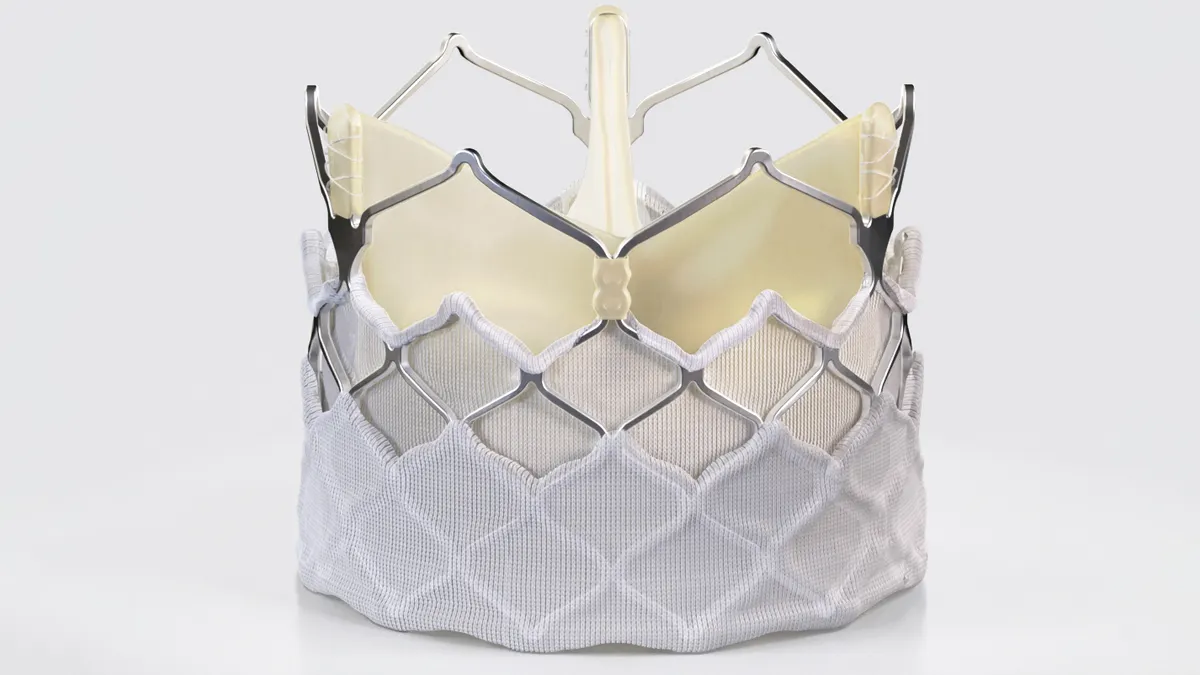FDA's list of medical device recalls in 2020 contains 32 separate entries, with infusion pumps appearing most frequently, followed by catheter issues related to detachment or separation of parts of the device.
Not included in FDA's roundup published Dec. 1 is Penumbra's recall, issued last week, of the Jet 7 Xtra Flex catheter used to remove clots in stroke patients. The Penumbra recall was linked to 14 patient deaths, out of 200 total medical device reports.
Infusion pumps are life-sustaining devices that deliver treatments directly into the vascular system that cannot be provided through less-invasive means such as oral or topical routes. If the device malfunctions, delivering an overdose or underdose of medication or fluids, or stops working unexpectedly, the result can be harm to the patient, or even death.
FDA listed a total of nine entries for recalls of infusion pumps or their components in 2020 and one update of an earlier action, for models made by Baxter Healthcare, BD, CME America and Smiths Medical. BD's Alaris product line accounted for half of the entries, due to issues that included software errors, stuck keys and incorrect displays of information.
While the number of Class I recalls involving infusion pumps is higher than in previous years, the devices in general tend to make the list annually, said Tom Toczylowski, assistant director for healthcare product alerts at ECRI, a nonprofit patient safety organization.
That is because of the pumps' large installed base among hospitals, with more than a million active infusions estimated to be running everyday in the U.S., Toczylowski said.
The total number of Class I recalls, which carry the greatest risk of potential health hazard, is close to the count in 2018, after a substantial increase in 2019, according to ECRI.
The number of medical device adverse event reports submitted each year continues to grow, due to the increased number of devices coming to market and the end of the agency's alternative summary reporting program that didn't count some events as typical MDRs, Device Events CEO Madris Kinard-Tomes, a former FDA program manager, said.
Reflecting their widespread use, Baxter's Sigma Spectrum infusion pumps subject to a Dec. 1 recall received 17,493 complaints about unplanned shutdowns of the device and 16 reports of serious injuries. No deaths were connected to the issue.
In the case of BD's Alaris pump system recalled Sept. 14 due to a group of hardware problems, there were reports of serious injuries and deaths, but the numbers were not disclosed. Other pump products in FDA's tally were recalled as a precaution, despite no reports of injuries or death linked to the products.
"This intersection of critical technology, fragile patients, and massive footprint results in an environment where one-in-a-million problems can hurt patients every day, and recalls follow. Therefore, infusion pumps as a technology class tend to experience recalls, and a simple count of recalls over time is not a reliable indicator of which devices you should buy or what model is likely to be the next to have an associated recall," said Erin Sparnon, ECRI's senior engineering manager for health devices.
Catheter recalls generated six entries on FDA's end-of-year list, including five that specifically mentioned separation or detachment of device parts. Nine injuries were reported in association with Boston Scientific's April 7 recall of Imager II 5F angiographic catheters that deliver contrast agents to blood vessels, due to a risk of the catheter tip detaching during the procedure.
Medtronic on Nov. 3 recalled its Rashkind balloon septostomy catheters used in heart defect procedures, citing quality issues that could lead to the device breaking, separating or failing. Two injuries and one death were reported.
The medtech giant was also flagged for recalls earlier this year involving its Pipeline Flex stent to treat brain aneurysms, tied to 10 injuries and one death; HeartWare HVAD ventricular assist device, associated with four deaths; and MiniMed insulin pump, linked to 2,175 injuries and one death.
Endologix's Ovation iX abdominal stent graft system was the subject of a June 16 recall of 5,403 devices due to the potential for polymer leaks during implantation. Earlier this month, FDA updated a safety alert for the company's AFX endovascular graft for treating abdominal aortic aneurysms due to the risk of blood continuing to leak into the aneurysm sac. The agency's circulatory system devices panel plans to meet to discuss the leak issue in the first quarter of 2021.





















